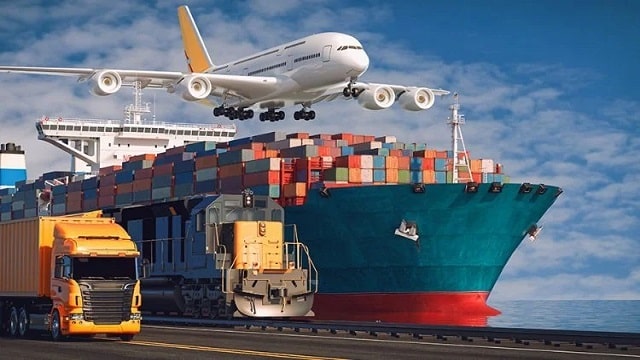What are imports?
Imports are goods and services that a country buys from abroad for use within its territory. Along with exports, they are essential in national accounting.
Some Important points
- They facilitate access to products not available in the national market.
- They allow consumers to buy foreign products cheaper than local ones.
- Import regulation seeks to balance the local economy with international trade.
- Imports can affect the trade balance if they exceed exports.
Imports: A Simple Explanation
Imports are simply goods or services that one country (importer) buys from another (exporter) for use. This allows for products that are not available or are more expensive in the local market.
Governments often restrict certain imports to protect the economy, but they also create agreements with other countries to facilitate trade. For example, the European Union establishes regulations that benefit its members.
Exports, on the other hand, involve selling products to other countries, and their relationship to imports is fundamental to measuring a country’s economic health.
Relationship with aggregate demand
Imports play a fundamental role in a country’s economy. A country can generate production to meet its own needs, but it can also buy it from abroad.
In this sense, if we look at the aggregate demand formula:
DA = C + I + G + (XM)
Where C is consumption, I is an investment, G is public spending, X is exported and M is imported.
We can see that imports are subtracting. That is, ceteris paribus if the value of imports increases, then aggregate demand will decrease. And conversely, if we reduce what we buy from abroad, then aggregate demand will increase.
Relationship with the current account balance
To account for these two concepts, the term current account balance is used. A very important term to see the state of a country’s foreign trade. The current account balance consists of a difference, in economic value, between exports and imports.
According to economic theory, to achieve good commercial health, we must have a positive trade and services balance (current account balance), since this means that others have deposited more money in our country than our country has left elsewhere.
It is a very important indicator in the gross domestic product (GDP) when we count it from an aggregate demand point of view.

